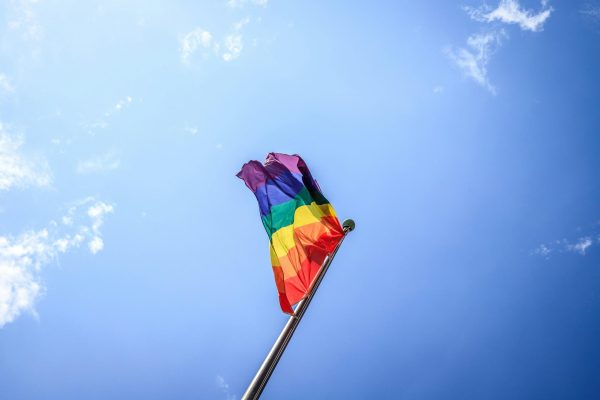Students’ Rights for Freedom of Speech
Laws limit public schools’ ability to discipline students via social media
EVE SLEMP
Do public schools have the authority to punish students’ speech on social media sites like Instagram and Snapchat outside of school?
The Student Press Law Center argues that school officials should have very limited control over what students say outside of school hours and grounds. Students should be granted the same First Amendment protections as all other US citizens, especially outside of school. Therefore, students are still held accountable for their actions and speech as are given by the Constitution.
A recent case which occurred in April 2021 regarded a student and social media called the Mahanoy Area School District v. B.L. A student posted an explicit comment against her school and cheer team on Snapchat off school grounds during the weekend. The Snapchat was shared with the school and she was suspended from the cheerleading team for a year in order to “avoid chaos” and “maintain a teamlike environment,” according to The New York Times.
“The First Amendment did not allow public schools to punish students for speech outside of school grounds, relying on a precedent from a different era,” The United States Court of Appeals for the Third Circuit said.
This references a similar case which happened during the Tinker v. Des Moines Independent Community School District in 1969, where students protested the Vietnam War by wearing a black armband. The Supreme Court ruled, “The students had not shed their constitutional rights to freedom of speech or expression at the schoolhouse gate.” This solidified students’ rights in school.
Though, in some cases, school interference is still significant. For example, serious bullying, harassment, targeting individuals, threats, failure to follow school rules, breaches of school security, etc. are all examples of reasons why schools should remain involved in some outside of school issues.
If a student used social media to display vulgar comments that do not comply with school policy during the school day, on school grounds, or on a school device, the student can be held responsible for violating school regulations. However, off school grounds, these Supreme Court rulings protect students’ rights to free speech.
Free speech does not mean students can speak their minds without consequences, and if they are done during school or violating rules, then students must understand their repercussions are possible.
Your donation will support the student journalists of East Lyme High School. Your contribution will allow us to purchase equipment and cover our annual website hosting costs.
